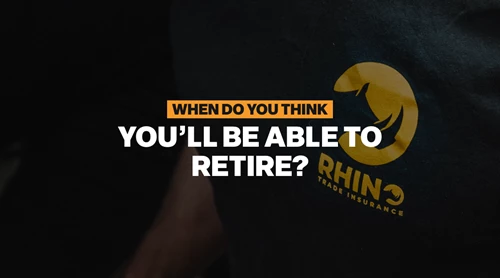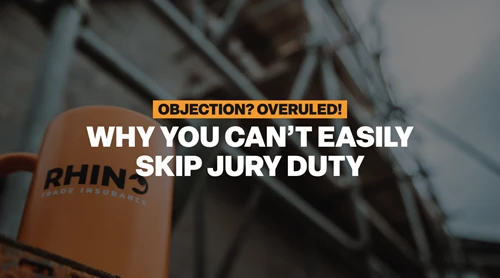A key component of setting up a business is understanding how to pay yourself. You might have heard about dividends - they’re a common way for limited company directors and shareholders to partake in the profits of the company.
Dividends are an important aspect of wealth generation and financial planning in the United Kingdom (UK), so understanding how they work when wondering what type of trade business setup you will have is key.
Here, we will answer some common queries about dividends by describing how they operate and the major variables affecting dividend payments in the UK.
Demystifying Dividends: Understanding How Dividends Work in the UK
Dividends are sums of money that businesses pay out to their shareholders as a return on their investment.
They serve as a means for businesses to reward shareholders who have contributed to its setup and expansion by quite literally ‘sharing the wealth’. Although dividends are frequently paid in cash, they can also be given out as extra shares or other types of assets.
The most tax-efficient approach to pay yourself for tradesmen and women who run their businesses as limited companies is generally through a combination of salary and dividends instead of paying yourself solely via Pay As You Earn (PAYE).
Wondering which type of business setup is best for you? Read our blog here.
Dividend types
Dividends come in two basic forms in the UK: interim dividends and final dividends.
During your trade company's fiscal year, interim dividends can be paid, typically as a stopgap solution, before the final payout is issued. On the other hand, a final dividend will be recommended by the board of directors of the firm (generally you and any other people who are managing directors of your company) and authorised by the shareholders following your accounts being checked for the year. After the completion of the company's fiscal year, final dividends are paid.
Factors Influencing Dividend Payments
The amount and regularity of dividend payments in the UK are influenced by various factors.
- The first important consideration is a company's profitability. A successful business is more likely to pay out larger dividends to its shareholders.
- Second, a business's capacity to pay dividends is influenced by its financial health, which includes cash flow, amount of debt, and its retained earnings.
A company's development potential and investment opportunities are also important when it comes to payouts. A trade business may decide to reduce dividend payments if a sizable amount of its profits is required to be reinvested into the company to fund growth or pay for newer equipment/ vehicles or other capital purchases.
How are dividends taxed?
It may be more tax-efficient for many self-employed tradespeople who work for their own limited company to pay themselves via a basic salary plus dividends.
A typical metric for assessing the revenue from dividends in relation to the share price is the dividend yield. It is determined by dividing the share price by the yearly dividend per share.
Like every other form of income, dividends are taxed in the UK. As of the current tax year, individuals can qualify for a tax-free dividend allowance of £2,000.
Dividends in excess of this cap are taxed at various rates based on the taxpayer's tax bracket. Dividends are taxed at 7.5% for basic rate taxpayers, 32.5% for higher rate taxpayers, and 38.1% for additional rate taxpayers.
How to pay yourself a dividend?
It's crucial for all self-employed tradesmen and women considering taking dividend payments from their business to speak with their accountant so that taxes and accounting are performed correctly.
The HMRC states that in order to declare a dividend, a meeting of a company's directors must be called, and the minutes of that meeting must be documented, regardless of whether you are the only director.
A dividend voucher must be generated for each dividend paid. As per HMRC regulations, this must contain the following:
- The date
- Your businesses name
- The shareholders' names who will get dividends
- The dividend amount
Each person who receives a payout should receive a copy of the voucher. Additionally, a copy must be kept for company records.
In the UK, dividends are a crucial aspect of owning a business and paying yourself. They give shareholders/ managing directors a concrete method to partake in a trade company's success.
Trade business owners need to understand how dividends operate and the elements that affect their payouts so that they can maximise their returns whilst also taking the profitability, financial stability, and growth potential of their firm into consideration.
Why choose Rhino Trade Insurance?
Our team of skilled trade insurance agents can provide unmatched expertise and experience as an insurer with a focus solely on the trades. We tailor our insurance to your company's demands, and we're continually looking for the most efficient ways to maintain both our cheap rates and the high calibre of our cover.
Call Rhino Trade Insurance at 0116 243 7904 for more information, or visit our website to use our convenient online quote tool for a price in just 60 seconds.




